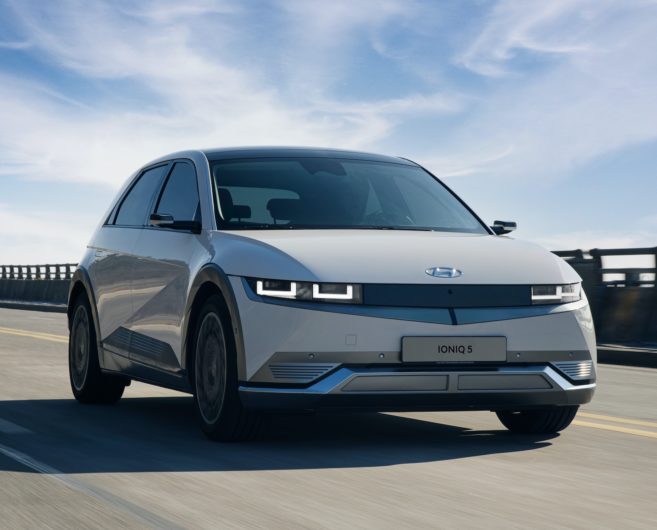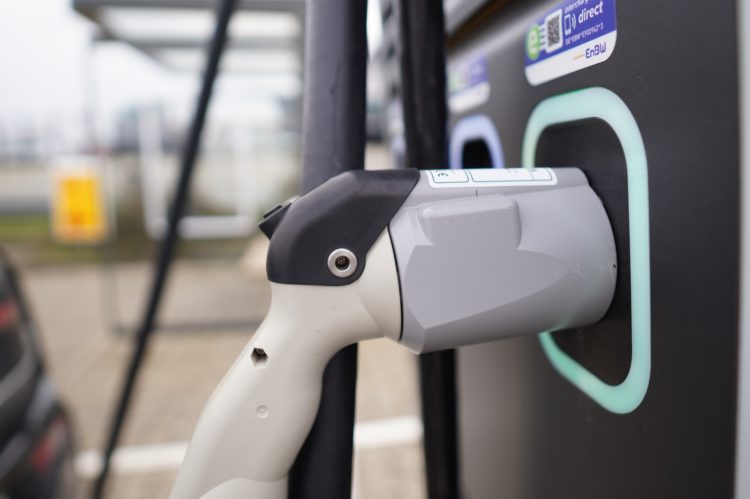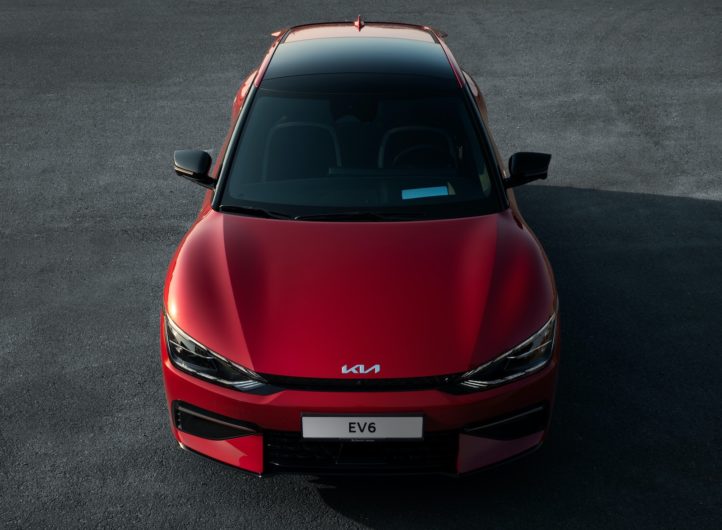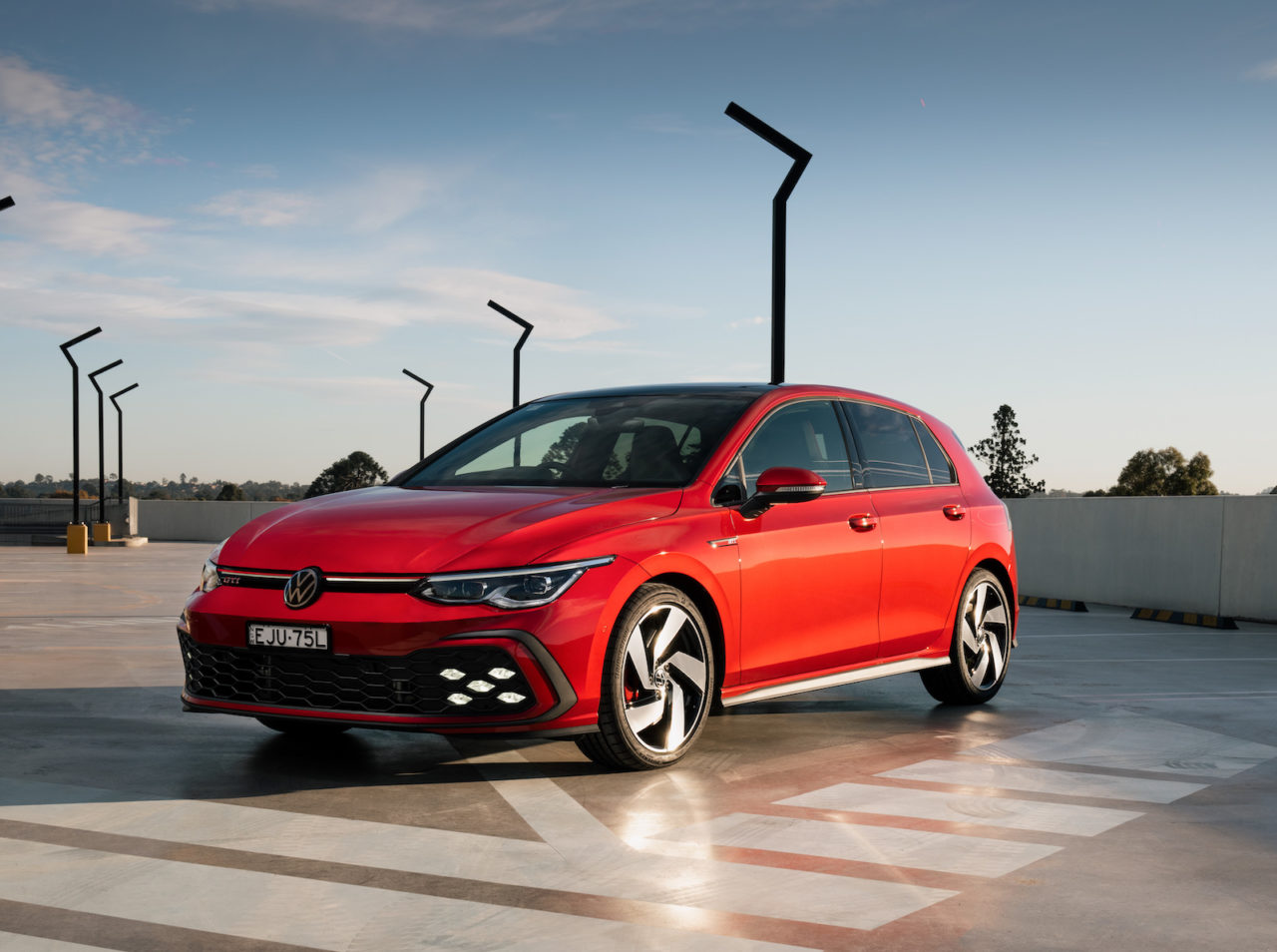Customers in the United States have launched a class-action lawsuit against Hyundai after the Korean giant’s charging tech reportedly overheated and capped charging rates far below expectations.

The news comes courtesy of a report from The Drive, who says that lawyers representing the owners of cars like the Genesis GV60, Hyundai Ioniq 5 and 6 and the Kia EV6 “deserve compensation.”
The gripe that has owners entering the class action surrounds Hyundai’s onboard charging port and the factory-spec level 2 charging connector.
Complaints filed to the National Highway Traffic Safety Administration (NHTSA) by owners say that, while charging at home, the port is prone to overheating, and the software tends to cap charging rates at 28-amps; far lower than its 48-amp limit.
Owners have said that as the port heats up significantly, it will either cap charging rates or stop charging entirely in order to cool down, where it kicks into life once again.

Hyundai has already launched a software patch for the issue, though lawyers representing owners have said that falls short of a remedy, considering it caps charging at 23-amps; even lower than the level Hyundai’s stock software was originally capping overheating ports at.
“Hyundai and Kia advertised these vehicles as charging at a rate of 48 amps, a far cry from the 23-amp rate triggered by the pervasive overheating defect,” said a spokesperson for Hagens Berma, the law firm representing Hyundai, Kia and Genesis owners.
“Purchasers and lessors paid for this capability, and these vehicles do not perform at a level even close to what was advertised,” they concluded.

While we’re not exactly sure how the suit will pan out, it’s interesting to note that Hyundai has previously recalled battery-electric vehicles like the Ioniq 5 in the United States over a minor software error in early 2022.
Knowing just how litigious citizens in the United States are, it’s unclear just how solid of a footing the case really has.
